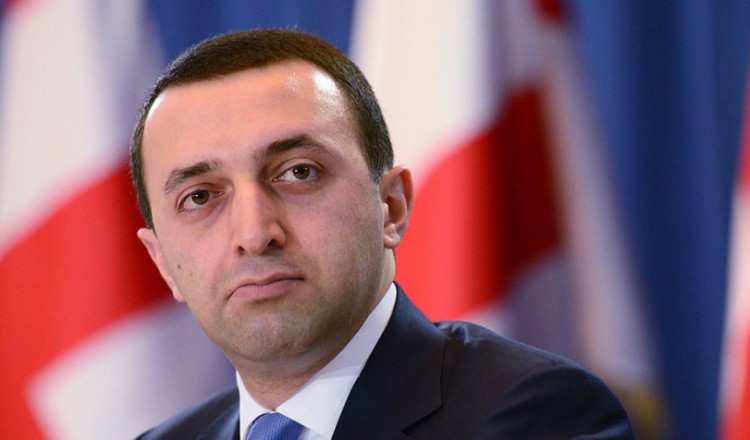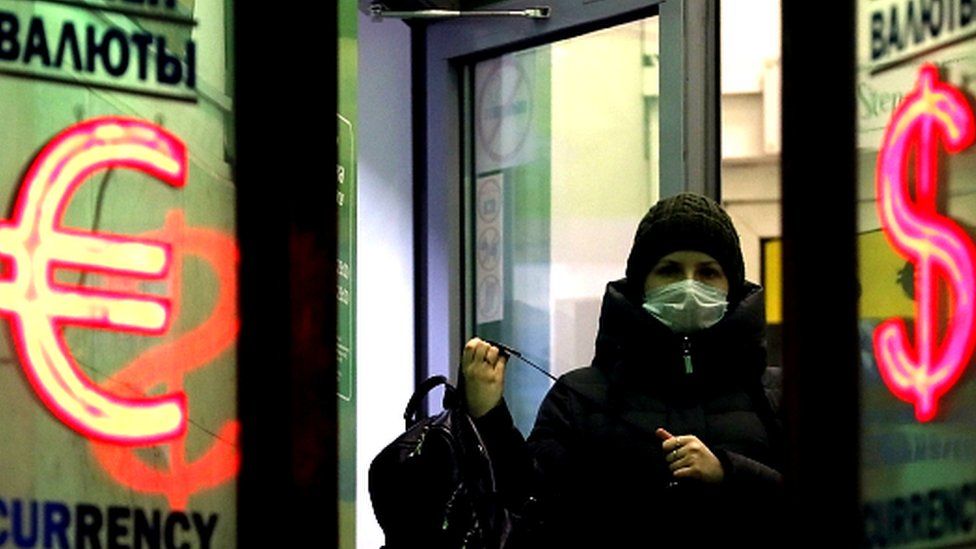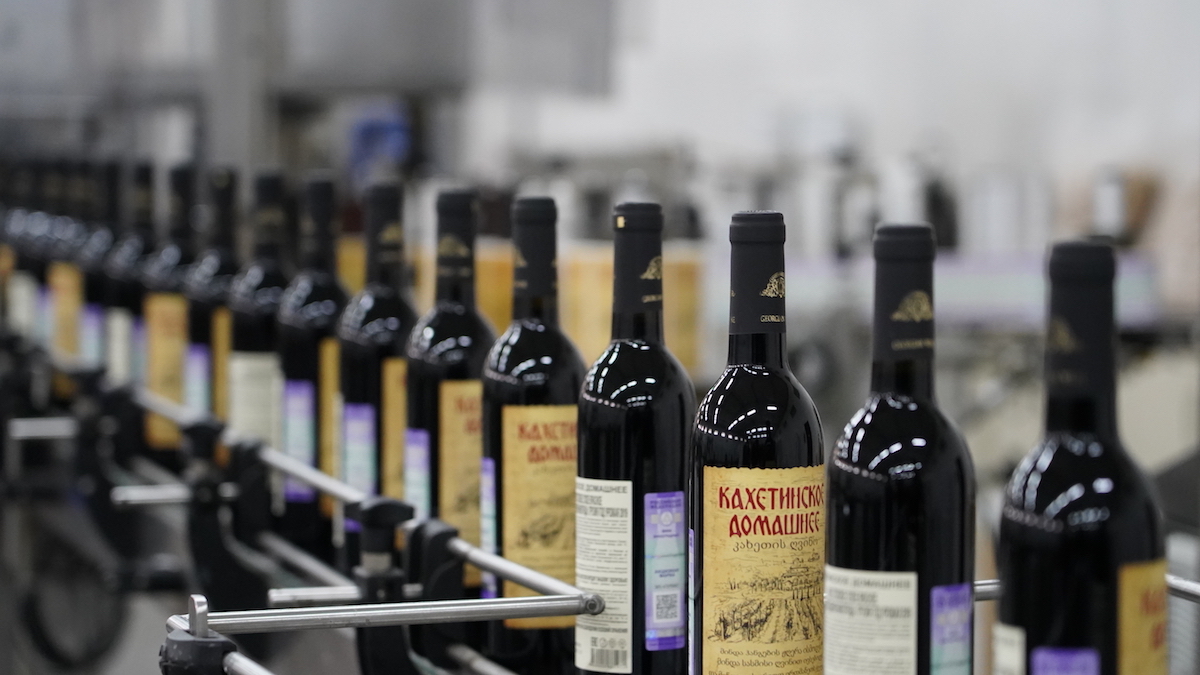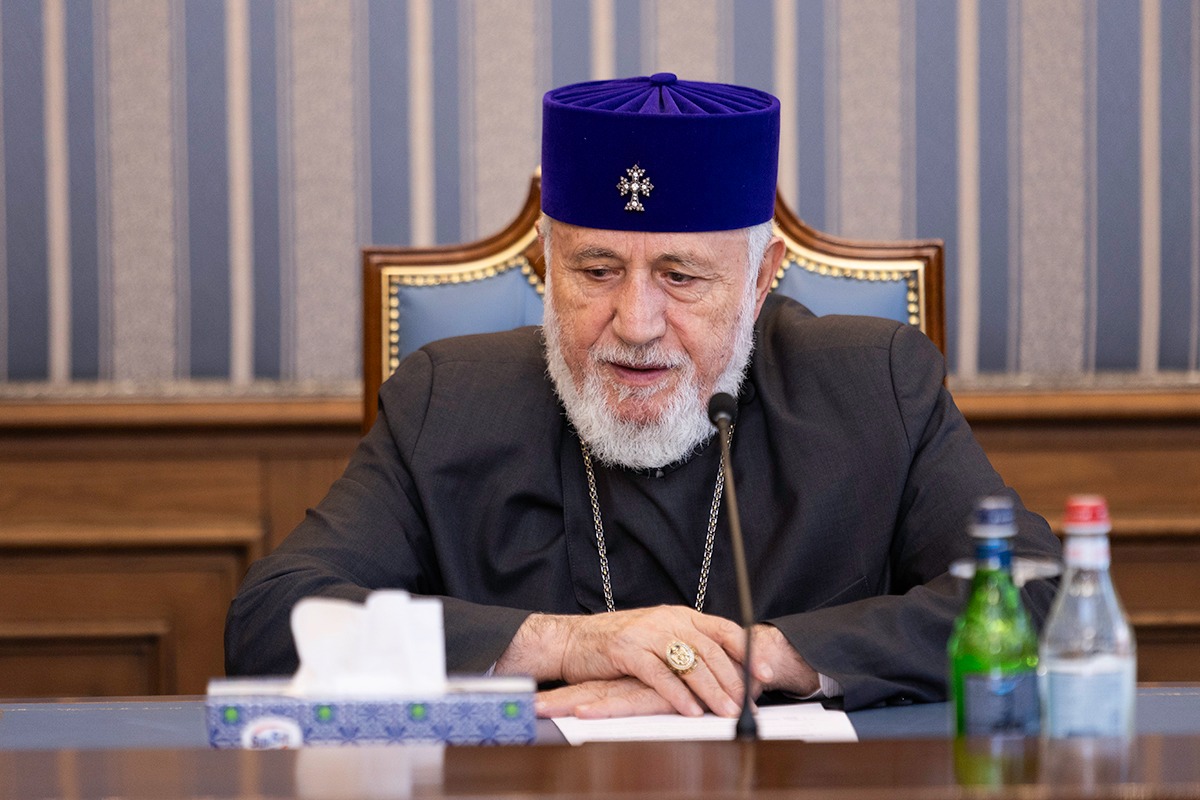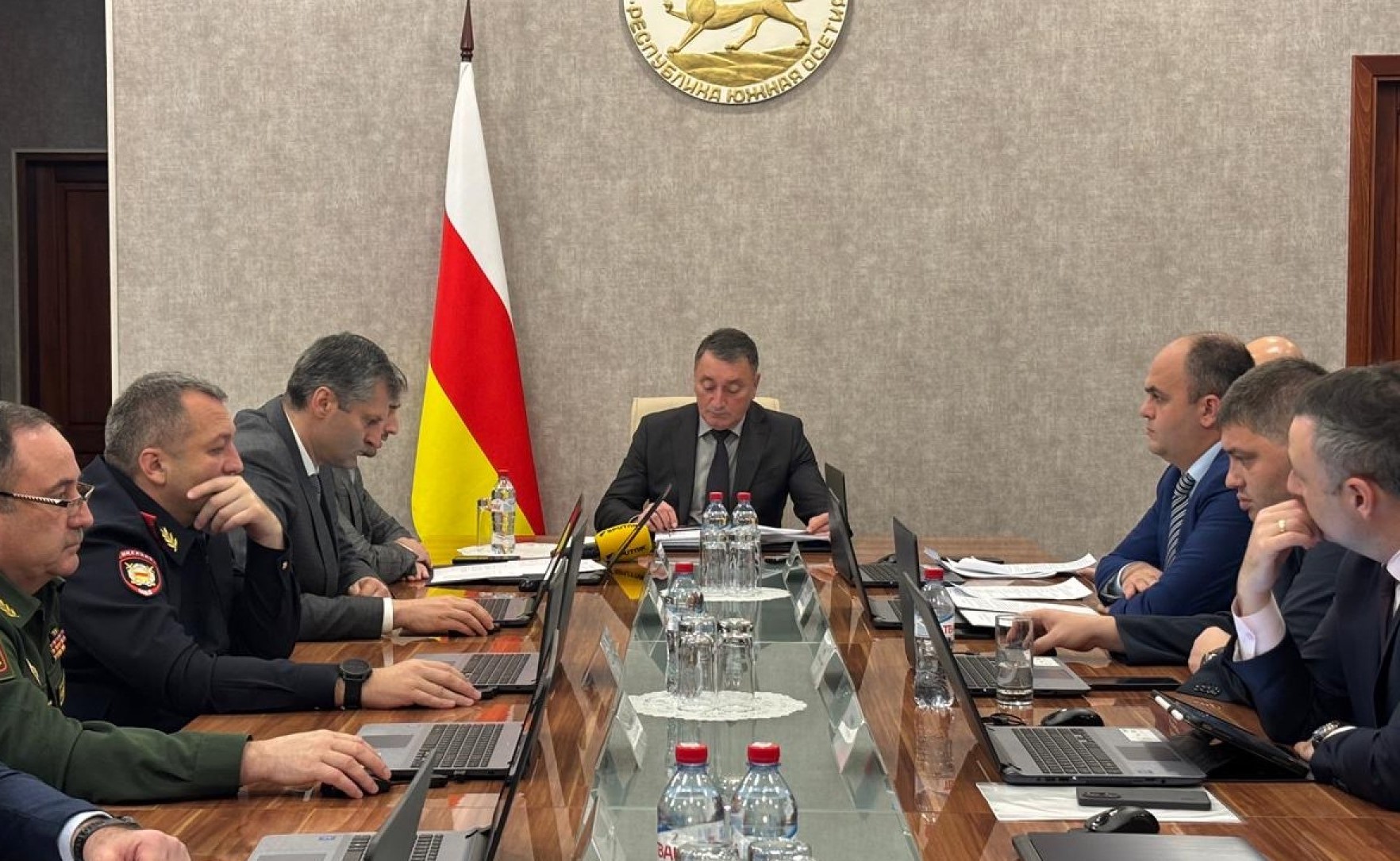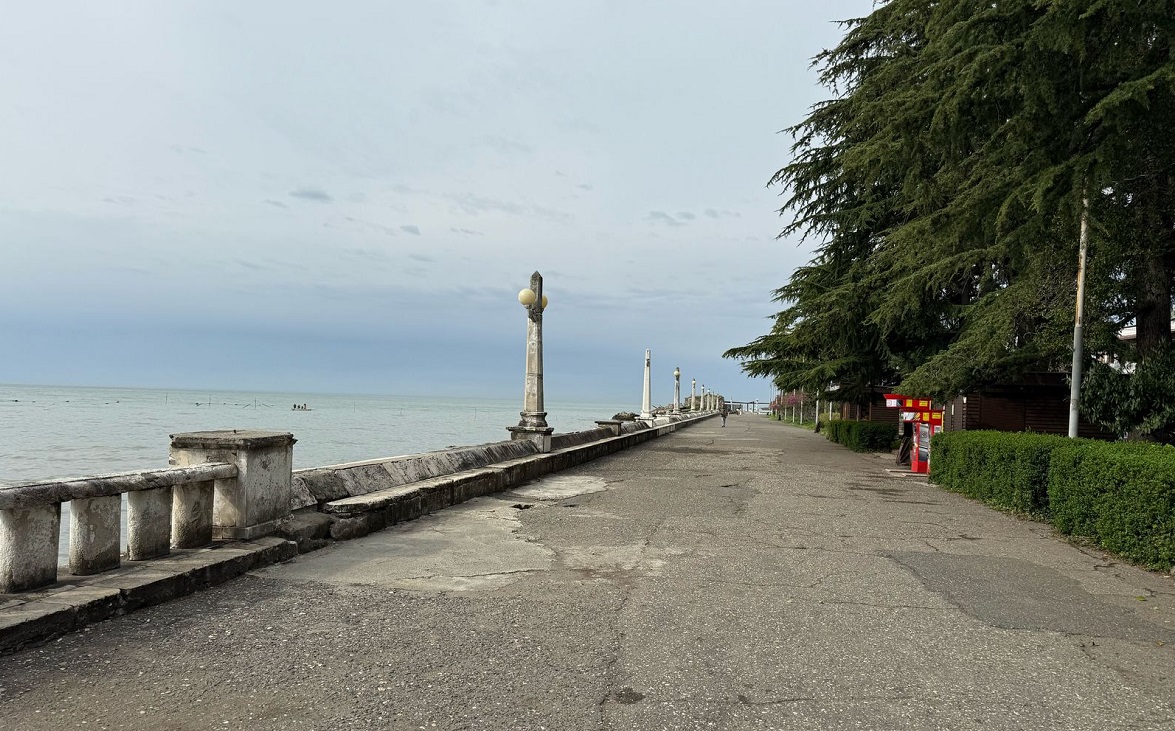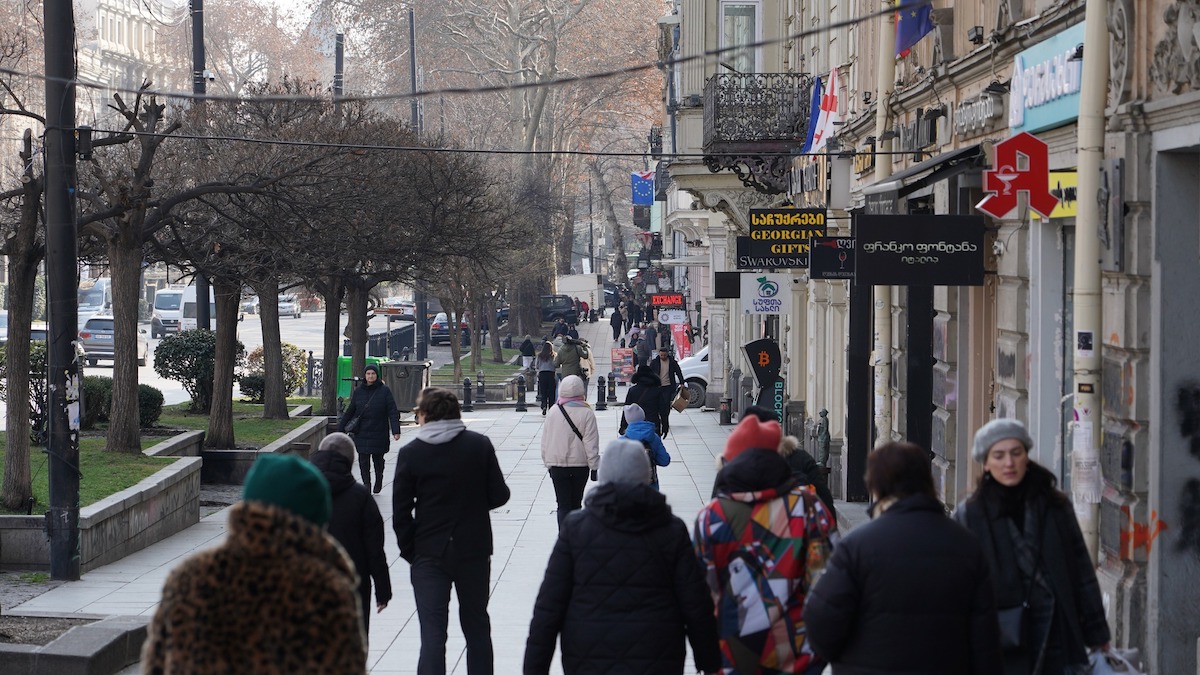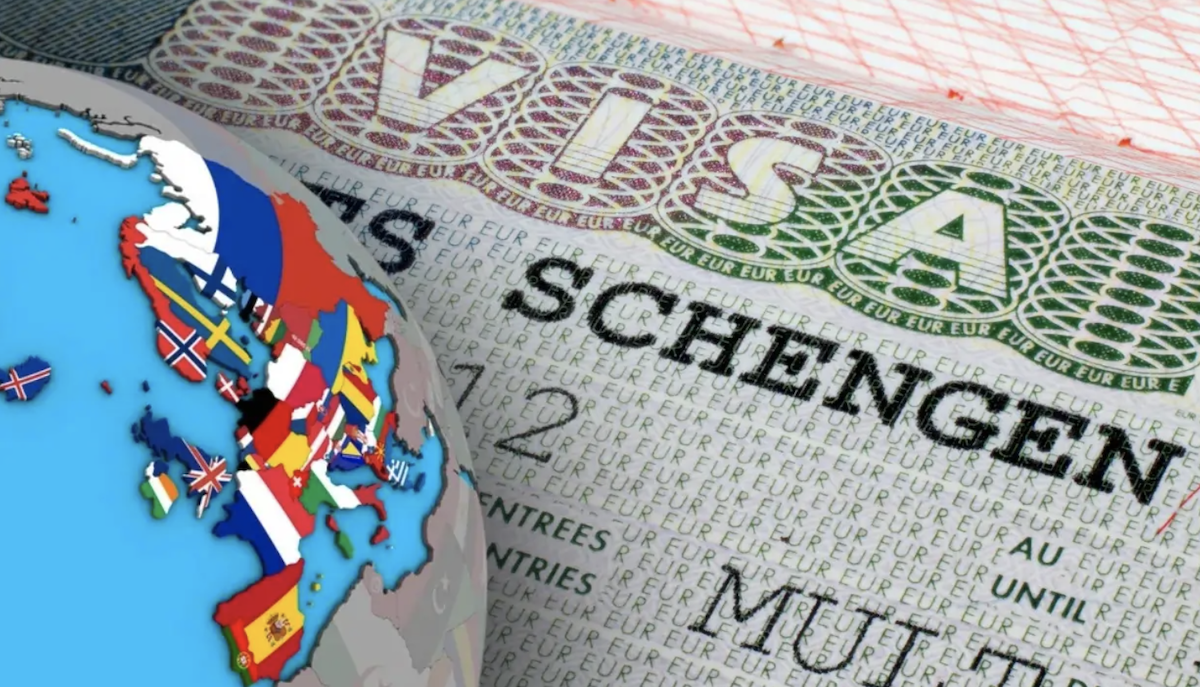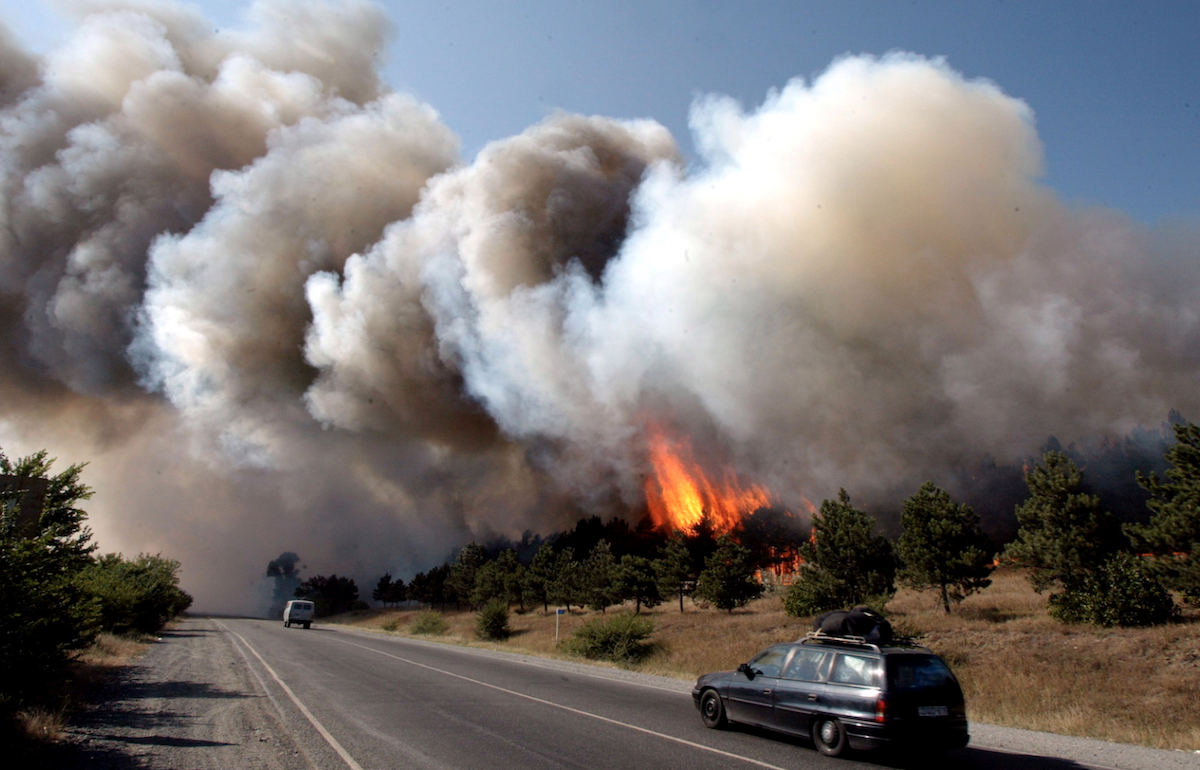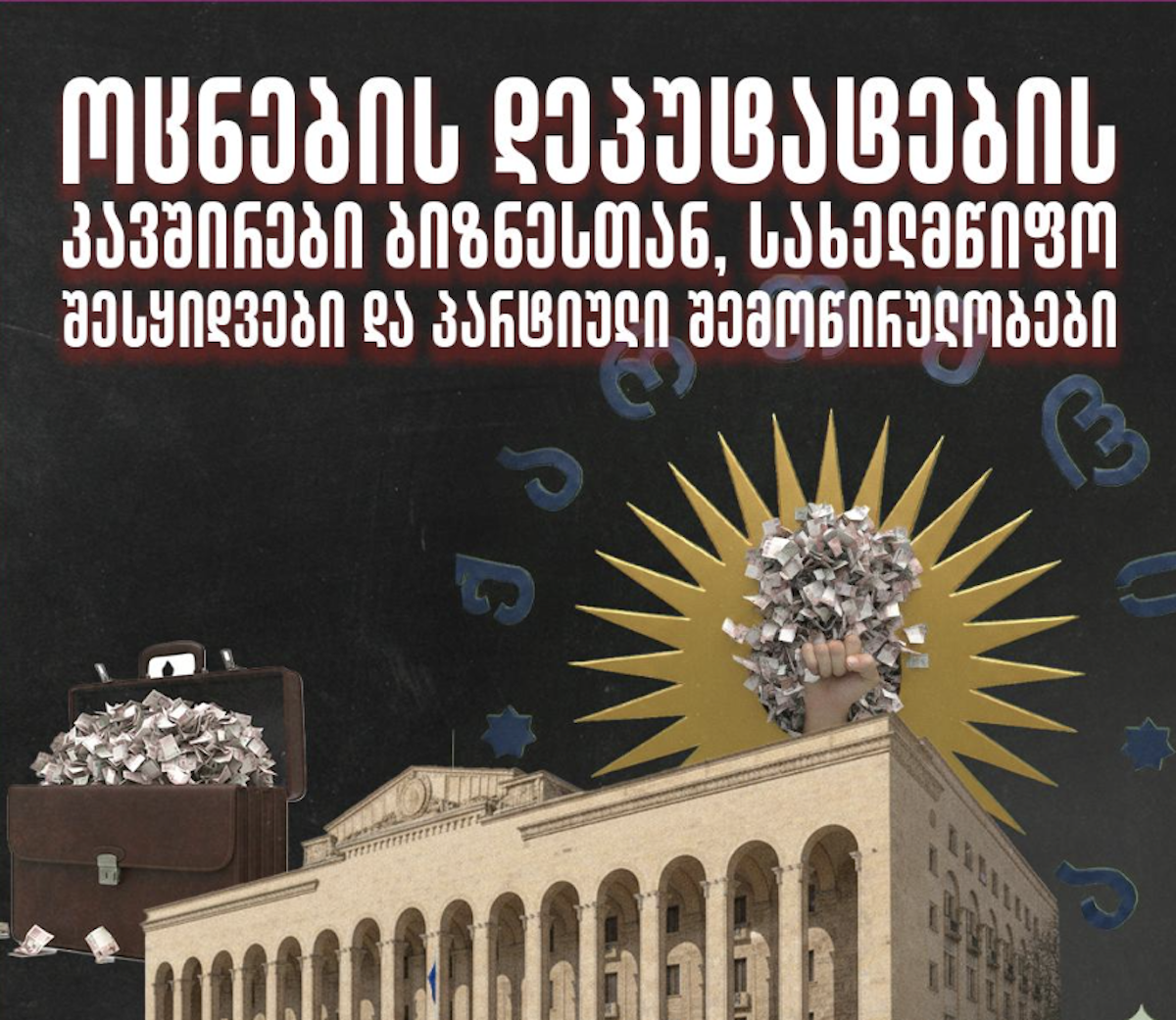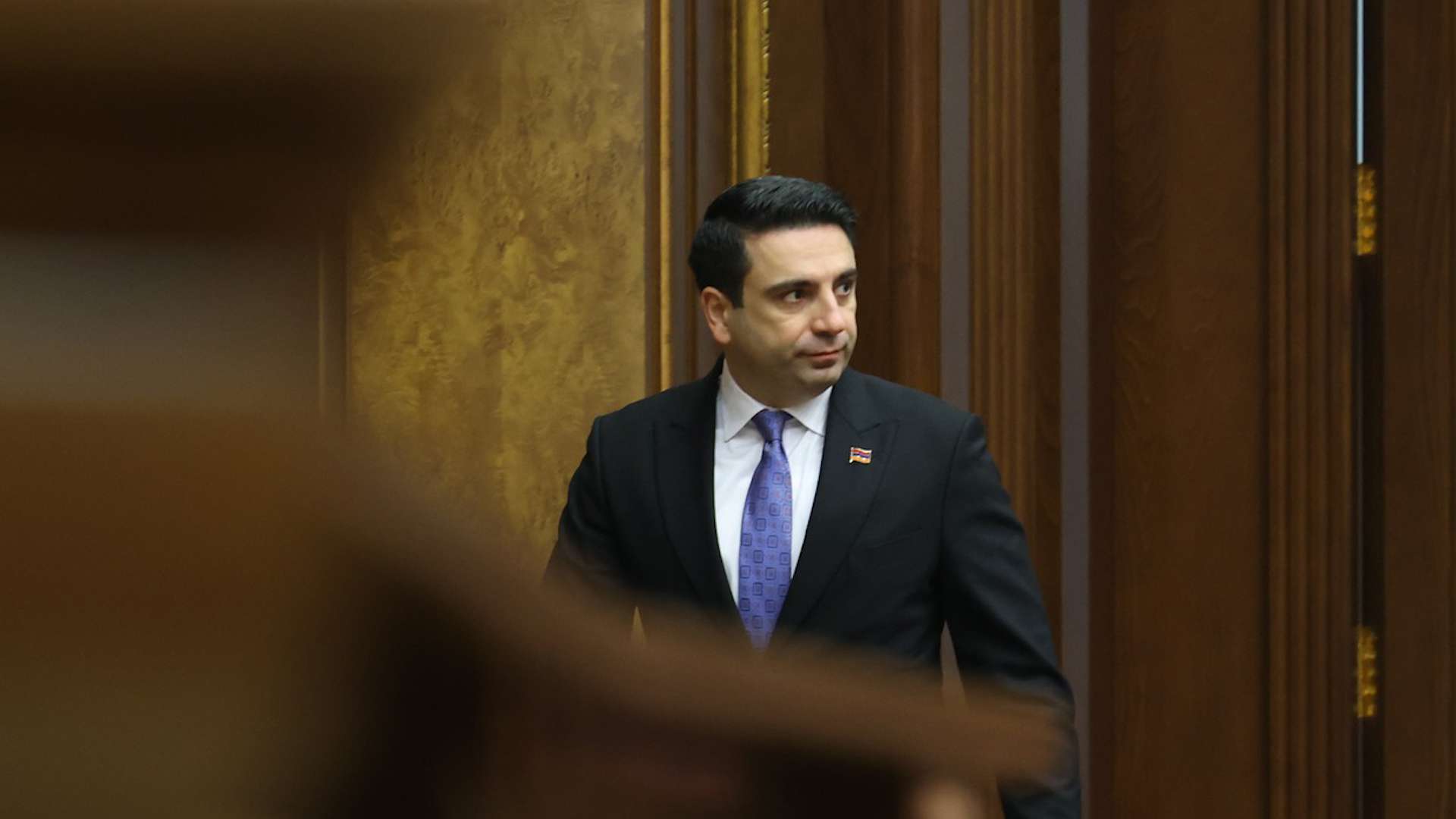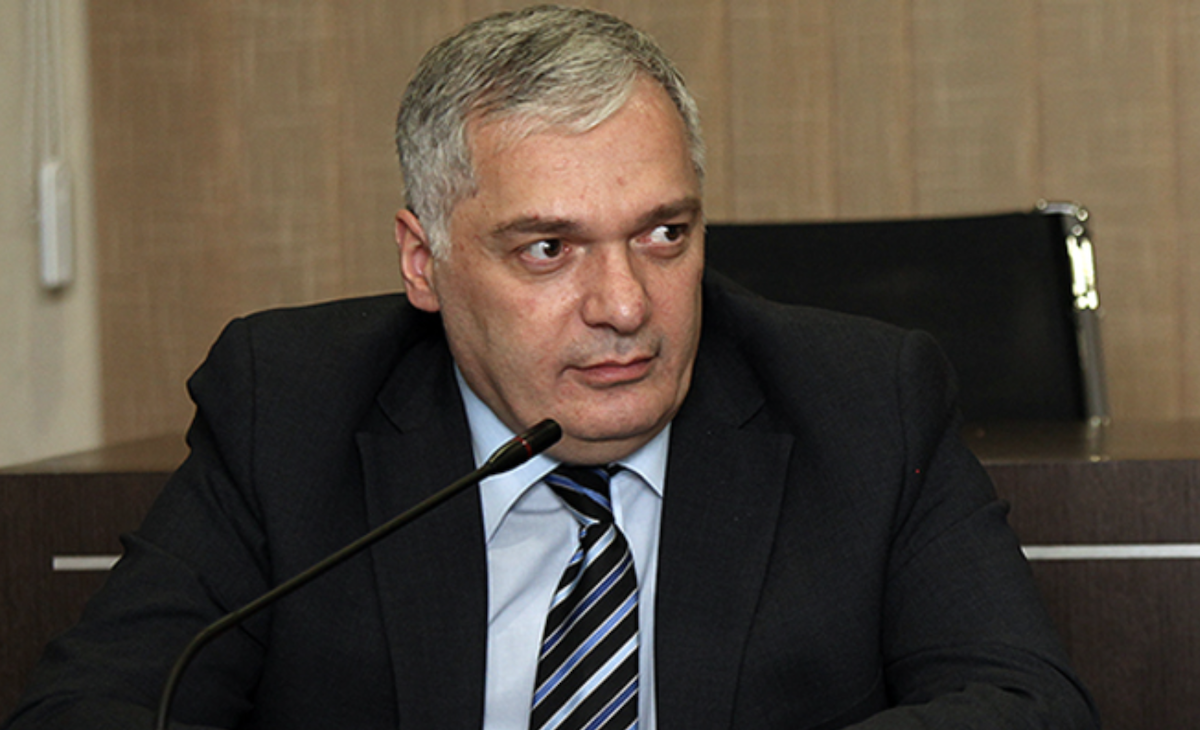How will economic sanctions against Russia affect Georgia?
How will anti-Russian sanctions affect Georgia
In response to the invasion of Ukraine , the West launched a package of economic sanctions against Russia – Georgia’s second largest trading partner. Georgian Prime Minister Irakli Garibashvili said that Georgia would not join the economic sanctions because it would bring down the country’s economy.
When commenting on this issue on February 28, the Prime Minister stated that over the past 7-8 years Georgia has received $12 billion from Russia and that he “will not reduce these incomes for the population”.
In what areas does the Georgian economy depend on Russia? How will the disconnection of Russia from SWIFT and other economic sanctions imposed against it affect Georgia?
JAMnews asked Transparency International Georgia economist Beso Namchavadze to assess the impact of sanctions against Russia on Georgia
Sanctions against Russia
On February 21, Vladimir Putin recognized the independence of the occupied regions of Ukraine – the Donetsk and Luhansk “people’s republics”, and within a few hours ordered the deployment of troops to the Donbas. In response, the United States, the European Union and other countries began to impose sanctions against Russia. A decision has already been made to disconnect some Russian banks from the SWIFT international communication system and to freeze the reserves of the Central Bank.
SWIFT is an international communication system founded in 1973 in Belgium. It is used for transfers and sending secure messages. It unites more than 200 countries and more than 10,000 financial institutions.
The disconnection of some Russian banks from SWIFT means a delay in the transfer of funds from Russia to other countries and vice versa. The activities of all companies that were engaged in foreign trade with Russia will be complicated, regardless of whether they were engaged in exports or imports.
How Georgian government views its dependence on the Russian economy
Georgian Prime Minister Irakli Garibashvili has stated several times that Georgia would not join these sanctions. On February 28, the Prime Minister cited the income coming to Georgia from Russia. He said that in 2013-2021, a total of 2.2 million tons of products worth $3 billion were exported from Georgia to Russia. He also talked about exports, Russian remittances and tourism:
“The value of wine exports was $865 million. In recent years, our country has received 3 billion dollars in tourism revenue, and more than 5 million guests from Russia have come to Georgia.
Russia has a million fellow Georgians, and the total amount of remittances averages 500 million a year. In total, it turns out more than 12 billion over the past 7-8 years.
Are they asking me to impose sanctions against their own people? Who will lose all this income?”, the prime minister said.
- How can anti-Russian sanctions affect Armenia?
- Op-ed: how will anti-Russian sanctions affect Abkhazia
Export of Georgian products, Russian remittances and tourism – what is really happening
Transparency International economist Beso Namchavadze told JAMnews that the figures given by the prime minister are exaggerated. Even if Russia closes everything to Georgia, this will not cause even half of the economic crisis that arose due to the pandemic in 2020:
“Irakli Garibashvili presented the picture more complicated than it really is. He deliberately took a few figures to scare the population – so that they think that we will not survive. It was typical Russian propaganda, it was impossible to do this. Georgia depends on Russia, but not to the extent that everything would stop, we would not survive getting disconnected from it and would go into a deep economic crisis. The Georgian economy may even avoid falling and keep growing, and we eve had a 7% drop in 2020”.
Beso Namchavadze says that disconnecting Russia from SWIFT will affect Georgia, but to a lesser extent than the state of the Russian economy as a whole:
“The receipt of Russian money transfers will not be a problem, if there is money, money transfers will still come. Disabling SWIFT in Russia will not affect this. It will affect trade, bank transfers will be delayed, it will become almost impossible. We have a trade turnover with Russia of 1,600,000,000 and it will be affected, but since it is still a neighboring country, the movement of cash will begin. For example, with trucks that carry wheat to Georgia. It is unsafe and inconvenient, but they will carry money and pay in cash”.
Namchavadze says that Georgia is most dependent on Russia in three areas: the export of Georgian products, Russian remittances and tourism:
“Last year we exported products worth $610 million. The most sensitive of these is the export of wine, which last year amounted to $130 million. It is very difficult for us to reorient to other markets, and therefore it is painful. And we also depend on remittances, this amounts to 400 million dollars. All of these combined amounts to one billion dollars.
In addition, before the pandemic, we were very dependent on Russian tourism. In 2019, half a million people came from Russia, but the pandemic has effectively stopped this. Last year, 2021, 86% less tourists came to Georgia from Russia. Cash flows from Russian tourism could amount to anywhere up to $200 million. That’s all, if you put it together, it turns to about 1 billion 200 million dollars.
This is not a small amount, but even in the most extreme case, this does not mean that the Georgian economy will collapse and social problems will begin. Natural economic ties will be preserved.
We have lost $4.5 billion due to covid and not even a third of that will be due to Russia”.
Energy dependence on Russia
Beso Namchavadze says that the notion that Georgia is energy dependent on Russia and we cannot survive is also speculation:
“In 2021, Russia’s share in Georgia’s energy consumption amounted to 2%. This is very little and we can easily compensate for it by importing electricity from Turkey, Azerbaijan or Armenia, all three countries export electricity. We are not in danger of being left in the dark.
The second thing they speculate about is natural gas. This is a little tricky, as natural gas imports from Russia have increased from 3% to 23% since 2018. This is a big increase, but even this is not alarming, today Azerbaijan can fully satisfy Georgia if Russia stops deliveries and we will have to look for a replacement.
We are not energy dependent on Russia to the extend that would cause great harm”.
Impact of sanctions against Russia on Georgia – will there be a crisis?
According to Beso Namchavadze, Georgia’s economic growth will slow down, but there will be no crisis:
“It may be a political issue, whether Georgia should impose sanctions against Russia or not, but even if we do not, we will still have losses, we will not be able to avoid them.
Russia will not have money to export, the economic crisis there has already begun and will deepen, Russian tourists will have no money to travel, they will not even be able to use bank cards as they will be blocked.
It will also be difficult for migrants working in Russia who sent money to Georgia, because they will either lose their jobs or their incomes will decrease. This process has already begun.
As for the impact, the negative impact has already affected the lari exchange rate, it has begun to decline in the last two weeks and may depreciate a little more. It depends on how events develop.
We will not be able to reach the planned six percent of economic growth this year, but if we do not enter into a crisis, we can save at least two or three percent.
If the country’s economic growth continues, then unemployment in the country will not increase. Someone may lose something related to the Russian market, but there will be jobs in other places, and those who receive assistance from the budget, whether it be pensions or social assistance, these people will not be deprived of money.
We will not enter such a crisis that everything collapses”, Beso Namchavadze tells JAMnews.










